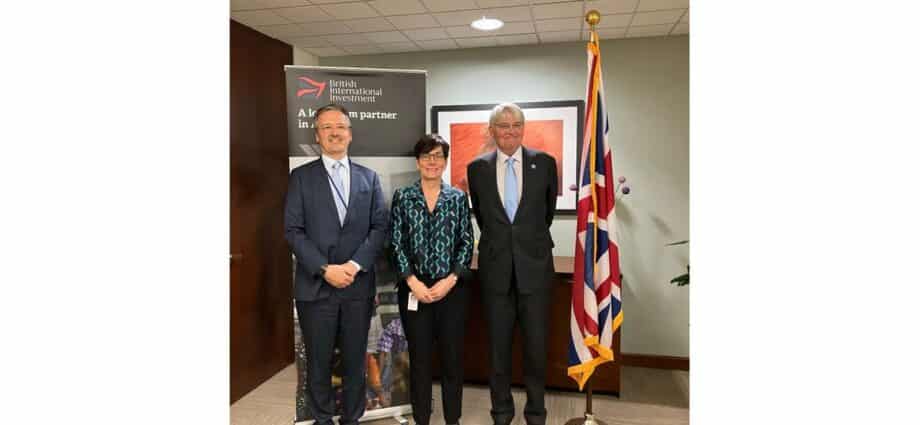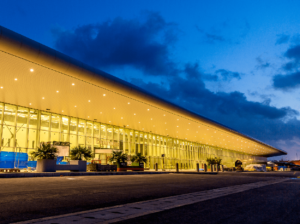Dar es Salaam. British International Investment (BII), the UK’s development finance institution, has inked a $100 million risk-sharing facility with Citi, in a bid to bolster trade finance and support small and medium-sized enterprises (SMEs) and corporates in Tanzania and other African economies.
Announced during a signing ceremony at the World Bank’s Spring Meetings in Washington, the initiative aims to address the critical lack of foreign currency in the region.
By providing trade finance liquidity to Citi’s network of commercial banks, the investment seeks to enable financial institutions to support African businesses in importing key commodities like wheat, fertilizer, rice, and sugar.
The BII and Citi facility is set to benefit local businesses in underserved markets, facilitating the import of economically productive goods, transportation, essential equipment, and machinery.
The support is expected to contribute to the emergence of manufacturing industries in Tanzania and other frontier and emerging economies, including Benin, Cameroon, Côte d’Ivoire, Rwanda, Uganda, and Zambia.
The timing of the funding is crucial as local businesses grapple with challenges exacerbated by the COVID-19 pandemic and the Russia-Ukraine war.
High inflation, rising interest rates, and increased commodity prices have made it difficult for businesses to secure key imports. Consequently, the trade finance gap in Africa has surged by approximately a third since 2019, reaching $120 billion in 2023.
With a history of supporting businesses in Africa dating back to 1948, BII’s investment in partnership with Citi signifies a commitment to empowering ambitious companies facing severe funding constraints, particularly in harder-to-reach markets like Tanzania.
UK’s Minister for Development and Africa, Andrew Mitchell, emphasized the importance of BII’s investment in supporting fragile economies across Africa to access vital goods for food production, including fertilizers and agricultural machinery.
This investment aligns with the United Nations’ Sustainable Development Goals 1, 2, and 8, focusing on eradicating poverty, achieving zero hunger, and fostering decent work and economic growth.
Nick O’Donohoe, CEO of British International Investment, emphasized the investment’s role in addressing complex issues such as food security in Africa by extending liquidity solutions to strategic sectors. He highlighted the facility as a means to empower local businesses and strengthen supply chains to accelerate the flow of essential trade.
Stephanie von Friedeburg, Head of DFI Strategic Partnerships at Citi, underscored the significance of the partnership in strengthening trade and food security in frontier and emerging African economies.
She emphasized Citi’s commitment to facilitating critical investments that enable economic growth and contribute to sustainable development goals.















